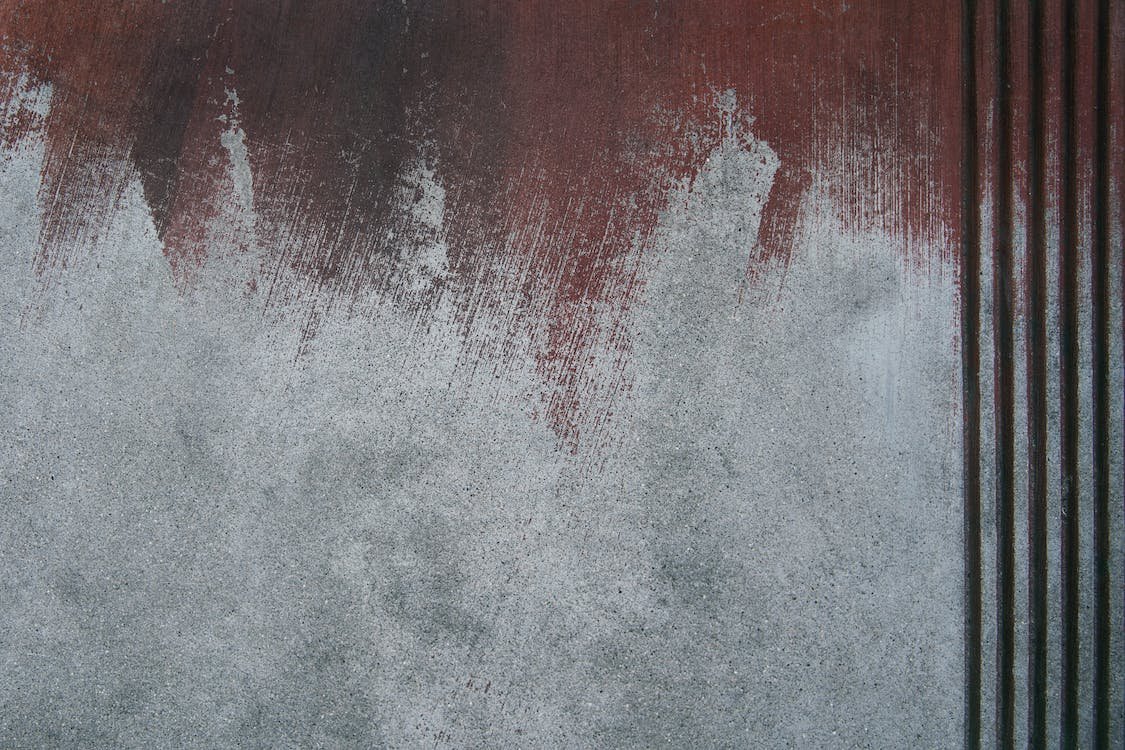
Embracing the Barndominium Trend: A Spacious Home Design Revolution
In recent years, a unique and innovative residential trend has been capturing the imagination of homeowners and design enthusiasts alike – the barndominium. Combining the rustic charm of a barn with the comfort and functionality of a modern home, barndominiums have surged in popularity. In this blog, we’ll delve into the concept of a barndominium, exploring its origins, key features, and the reasons behind its widespread appeal.
Understanding the Barndominium:
1. Definition:
- A portmanteau of “barn” and “condominium,” a barndominium is a residential structure that retains the appearance of a barn while serving as a spacious and comfortable living space.
- Unlike traditional barns, barndominiums are designed for full-time occupancy, featuring all the amenities and conveniences of a modern home.
2. Origins:
- The barndominium concept originated in rural areas where repurposing existing barn structures into homes became a practical and cost-effective solution.
- Over time, the idea evolved, and purpose-built barndominiums began to emerge as a popular housing option.
Key Features of Barndominiums:
3. Open Floor Plans:
- Barndominiums are characterized by expansive, open floor plans that maximize the usable living space.
- The absence of interior load-bearing walls allows for flexibility in layout and design.
4. High Ceilings:
- Embracing the barn aesthetic, barndominiums often feature high ceilings, creating a sense of spaciousness and airiness.
- The soaring ceilings also allow for the incorporation of loft spaces or mezzanines.
5. Metal Exteriors:
- One of the distinctive features is the use of metal as the primary exterior material, giving the structure an industrial and rustic look.
- Metal siding and roofing contribute to the durability and low-maintenance appeal of barndominiums.
6. Versatile Design:
- Barndominiums can be customized to suit various architectural styles, from traditional farmhouse to modern and minimalist designs.
- This adaptability makes them appealing to a diverse range of homeowners with different aesthetic preferences.
7. Cost-Effective Construction:
- The construction of a barndominium is often more cost-effective than building a traditional home.
- The use of metal and open framing reduces construction time and materials, leading to potential savings.
8. Integration of Sustainable Elements:
- Many barndominium owners opt for eco-friendly features, such as energy-efficient windows, solar panels, and rainwater harvesting systems.
- This emphasis on sustainability aligns with the growing trend towards environmentally conscious living.
Reasons for the Popularity:
9. Affordability:
- Barndominiums offer a cost-effective alternative to traditional housing, attracting budget-conscious homeowners seeking value for their investment.
10. Customization:
- The versatility of barndominium design allows homeowners to personalize their living spaces, creating a home that reflects their unique tastes and preferences.
11. Spacious Interiors:
- The open floor plans and high ceilings of barndominiums provide a sense of spaciousness, making them especially attractive to those who appreciate ample living areas.
12. Rustic Aesthetic:
- The rustic charm of a barndominium appeals to individuals who appreciate a blend of traditional and contemporary design elements.
- The use of metal exteriors and barn-inspired features adds character and warmth to the overall aesthetic.
Conclusion:
The barndominium trend represents a refreshing departure from conventional housing norms. Its popularity can be attributed to a combination of affordability, versatility, and a unique blend of rural and modern aesthetics. As more homeowners seek distinctive and cost-effective alternatives, the barndominium has emerged as a viable and stylish housing solution. Whether nestled in rural landscapes or integrated into suburban neighborhoods, these spacious homes continue to redefine the concept of comfortable living, proving that innovation and inspiration can be found in the unlikeliest of places – even within the rustic charm of a barn.




